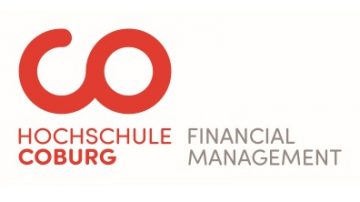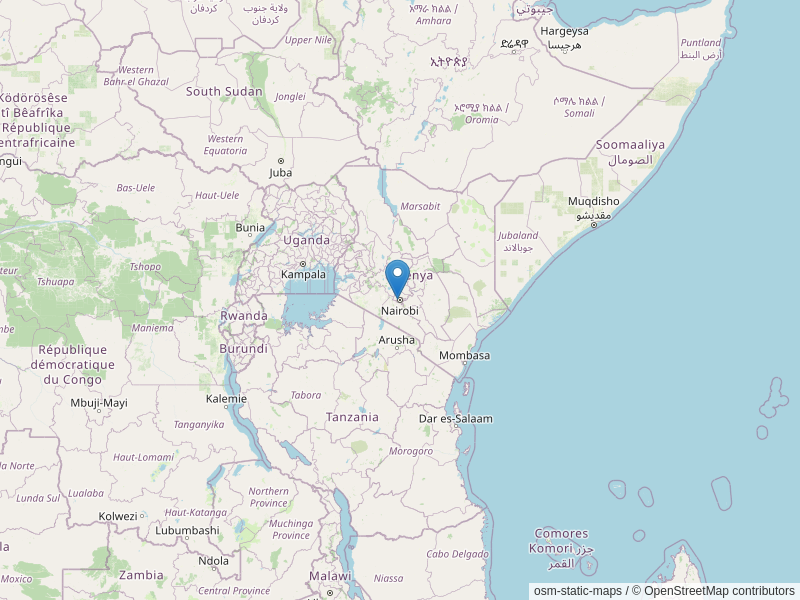DAAD strengthens German teacher training in sub-Saharan Africa

More and more people in sub-Saharan Africa are learning German, with the number of German learners there doubling between 2015 and 2020. This also increases the need for competent German teachers. The new DAAD programme therefore offers various measures to promote specialist skills locally, strengthen intercultural dialogue and intra-regional exchange and prepare future specialists for possible career options.
International cooperation to improve German teacher training
In the new “GFL-Competence Network Sub-Saharan Africa”, the Universities of Augsburg (project leader) and Paderborn, the University of Namibia, Kenyatta University (Kenya) and the University of Kara (Togo) are pooling their expertise in German teacher training and jointly expanding their capacities. With the new programme, the DAAD is responding to a request that has been expressed several times by the partner countries mentioned.
Among other things, there are plans to intensify the training of teachers of German at schools in southern Africa, which is to be offered via the University of Namibia in future. A Master’s degree programme is planned at the University of Kara, and a GFL Master’s degree programme is also to be established at Kenyatta University in order to meet the national and regional demand for academically trained teachers in East Africa. The universities of Augsburg and Paderborn want to use the network to strengthen their internationalisation and the diversity of perspectives in GFL teacher training. The universities are also setting up their own digital teaching, learning and communication platform for the competence network.
Pooling regional capacities
The University of Namibia is the only university in southern Africa to offer a GFL training programme for schools. Kenyatta University is the largest institution for GFL teachers in East Africa with around 200 students, and the University of Kara in Togo has launched the first vocational German degree programme in the country. The existing academic teacher training capacities are to be expanded over the next three years in order to strengthen the subject of German as a foreign language and international German studies in the sub-Saharan Africa region.
Link to the programme website
(Digital) GFL Competence Network in the Sub-Saharan Africa Region – DAAD
If you have any questions, please contact
Dr Hebatallah Fathy
Head of the Department of German Studies, German Language and Lectureship Programme – S 14
DAAD – German Academic Exchange Service
+49 228 882-8320
fathy@daad.de
Press contact
Cordula Luckassen
Deputy Head of the Press Office / Press Officer – SB03
DAAD – German Academic Exchange Service
+49 228 882-308
presse@daad.de


